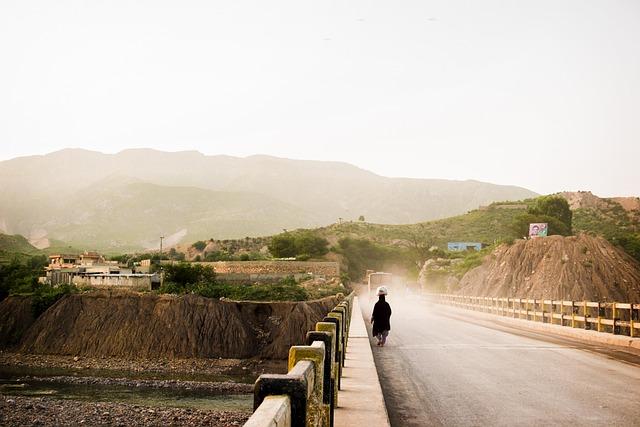The Future of Democracy in Pakistan: Opportunities and Challenges
As Pakistan moves forward into a new era, the trajectory of democracy in the country remains a significant topic of discussion. The duality of opportunities and challenges presents a complex puzzle that citizens, leaders, and activists must navigate. This article explores the future of democracy in Pakistan, providing insights into both the potential for growth and the obstacles that lie ahead.
Key Opportunities for Democracy in Pakistan
The landscape of democracy in Pakistan is evolving, and several opportunities can enhance its resilience and effectiveness:
- Young Demographics: With over 60% of the population under 30, there is a strong potential for youth engagement in democratic processes.
- Technological Advancements: Increased access to the internet and social media can empower citizens to demand accountability and transparency.
- International Support: Partnerships with global democratic organizations can provide resources and training to strengthen democratic institutions.
- Awareness Movements: Rising awareness around human rights and civic responsibilities can lead to more active citizen participation.
Challenges Facing Democracy in Pakistan
While there are significant opportunities, several challenges threaten the democratic process:
- Political Instability: Frequent changes in government and political parties can destabilize democratic structures.
- Corruption: Deeply entrenched corruption undermines trust in public officials and institutions.
- Judicial Independence: Lack of autonomy for the judiciary can lead to injustices and undermine rule of law.
- Extremism and Violence: Political extremism and sectarian violence threaten open discourse and democratic dialogue.
Practical Tips for Promoting Democracy in Pakistan
As citizens and leaders explore the future of democracy in Pakistan, here are some practical tips to foster a more inclusive and effective democratic environment:
- Engage in Civic Education: Promote educational programs that inform citizens about their rights and responsibilities within a democratic framework.
- Utilize Social Media Platforms: Leverage social media for advocacy campaigns that hold leaders accountable and raise awareness about important issues.
- Create Community Dialogues: Facilitate discussions among citizens from diverse backgrounds to foster understanding and collaboration.
- Support Grassroots Movements: Encourage and support local organizations that promote civic engagement and hold local institutions accountable.
Case Studies: Success Stories from Around the Globe
Learning from other nations that have successfully strengthened their democracies can provide valuable insights for Pakistan. Here are a few international case studies:
| Country | Strategy | Outcome |
|---|---|---|
| India | Grassroots Civic Engagement | Increased voter participation and awareness. |
| Brazil | Digital Platforms for Voting | Streamlined voting process and higher turnout. |
| South Africa | Constitutional Reforms | Strengthened judicial independence and civil rights. |
First-Hand Experiences: Voices from Pakistan
Many Pakistani citizens have valuable insights to share about their experiences with democracy:
“I’ve seen firsthand how engaged youth are in discussions about our future. The internet is a powerful tool for change.” – Aisha Khan, Student Activist
“As a journalist, I feel the weight of responsibility to provide unbiased information. A free press is vital to our democracy.” - Faraz Ahmed, Journalist
Conclusion
The future of democracy in Pakistan holds immense potential tempered by significant challenges. By harnessing the opportunities presented by the younger generation, technology, and international cooperation, and by confronting the obstacles of corruption, political instability, and extremism, Pakistan can solidify its democratic foundations. Engaging in civic education, promoting grassroots movements, and learning from successful international case studies will be crucial in fostering an environment that embraces democracy. The time for collective action is now—the future of democracy in Pakistan depends on the commitment of its citizens to promote, protect, and progress the democratic ideals that underpin their society.



